Dry Jalapeños: A Complete Guide to Heat, Uses, and Storage
Dry jalapeños are dehydrated jalapeño peppers that deliver concentrated heat and smoky depth, perfect for enhancing sauces, rubs, and slow-cooked dishes. Unlike fresh peppers, they offer extended shelf life and intensified flavor—making them a pantry essential for spice enthusiasts. This guide covers everything you need to know: heat levels compared to fresh jalapeños, creative cooking uses, buying tips, storage hacks, and answers to common questions.
Table of Contents
What Are Dry Jalapeños?
Dry jalapeños are ripe jalapeño peppers dehydrated through sun-drying, oven-drying, or specialized dehydrators. This process removes moisture, intensifying both flavor and heat while preserving capsaicin—the compound responsible for spiciness. They’re commonly sold whole, crushed, or powdered and are staples in Mexican, Tex-Mex, and global cuisines for their versatility and shelf stability.
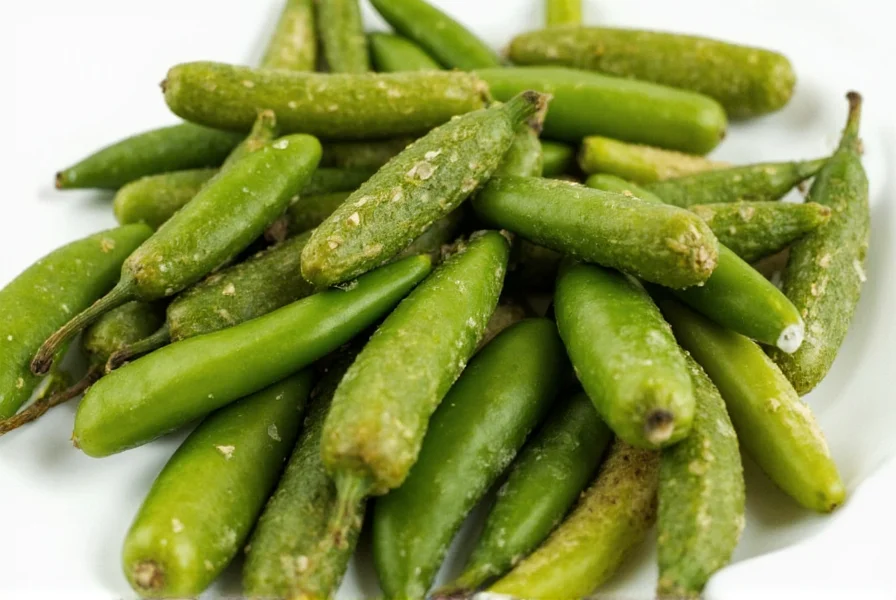
How Hot Are Dry Jalapeños? A Spicy Breakdown
On the Scoville scale, fresh jalapeños range from 2,500–8,000 SHU (Scoville Heat Units). Drying concentrates capsaicin, typically increasing heat by 20–30%. Here’s how different forms compare:
| Jalapeño Type | Average SHU | Common Use |
|---|---|---|
| Fresh Green Jalapeño | 2,500–8,000 | Salsas, Toppings, Pickling |
| Dry Red Jalapeño | 3,500–10,000 | Cooking, Sauces, Seasonings |
| Dried Powdered Jalapeño | 3,000–9,000 | Rubs, Marinades, Baking |
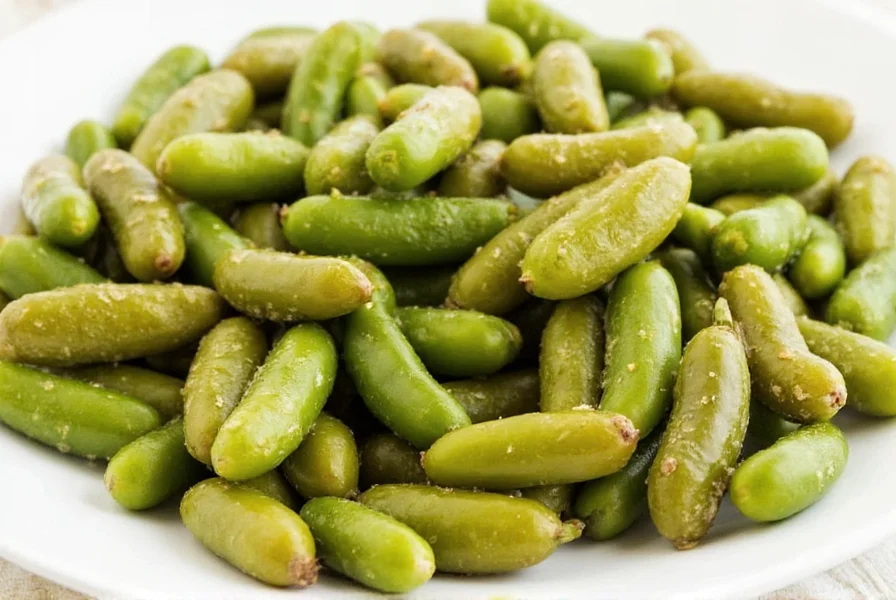
Creative Ways to Use Dry Jalapeños in Cooking
Dry jalapeños unlock smoky depth in dishes where fresh peppers fall short. Try these proven techniques:
- Smoky Salsa: Toast dried jalapeños lightly before blending with tomatoes, onions, garlic, and lime for complex, layered heat.
- Slow-Cooked Stews: Simmer whole dried jalapeños in broths for 2+ hours to infuse deep, lingering spice without overpowering acidity.
- Homemade Chili Oil: Infuse neutral oil with crushed dried jalapeños for 10 minutes—perfect for noodles, dumplings, or grilled meats.
- Spiced Popcorn: Grind powder into a fine dust and mix with melted butter for a crunchy, spicy snack.
- Mole Sauce Base: Combine ground dried jalapeños with cinnamon, cloves, and dark chocolate for authentic Mexican mole.
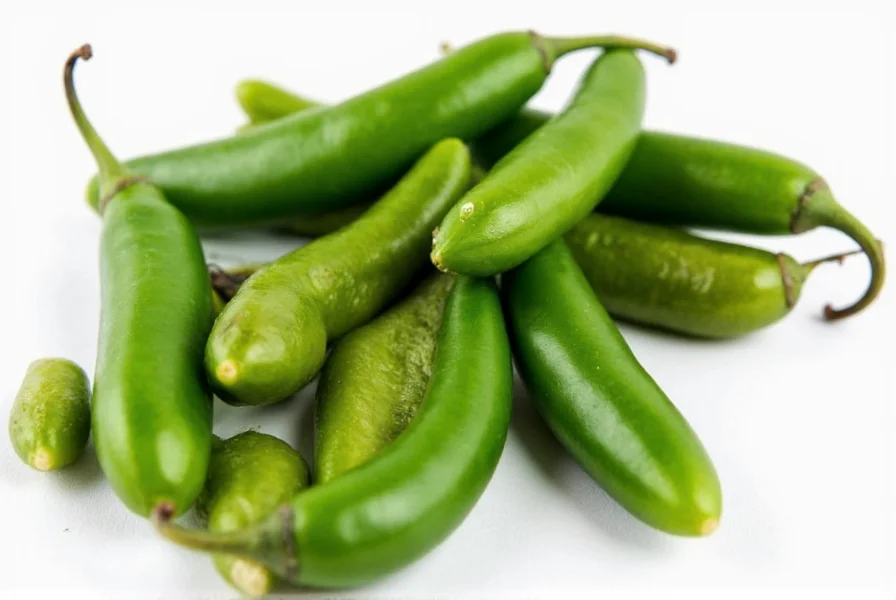
Dry Jalapeño Buying Guide: How to Choose the Best Ones
Quality varies significantly by form and brand. Prioritize these factors:
| Type | Pros | Cons | Best For |
|---|---|---|---|
| Whole | Rehydrates well; retains natural oils | Requires grinding/toasting | Infusing oils, homemade sauces |
| Crushed | Quick flavor release; consistent texture | Limited customization | Soups, stews, quick seasoning |
| Powder | Instant integration; no prep needed | Shorter shelf life | Rubs, baking, dry marinades |
Top Products to Try
- La Costeña Whole Dried Jalapeños: Natural drying, no additives. Ideal for authentic Mexican dishes and DIY sauces.
- McCormick Crushed Jalapeño: Shelf-stable and consistent. Perfect for weeknight meals and spice blends.
- Badia Organic Jalapeño Powder: Fine texture, certified organic. Best for health-conscious cooks and BBQ rubs.

Storage Tips: Keep the Fire Alive
Proper storage preserves potency and prevents spoilage:
- Store in airtight glass jars away from light and humidity.
- Keep in a cool pantry (below 70°F/21°C) for up to 6 months.
- For long-term storage, vacuum-seal and freeze powder—this extends shelf life to 2+ years.
- Avoid plastic containers; they trap moisture and degrade flavor faster.

Fresh vs. Dried Jalapeños: Key Differences
Neither is "better"—they serve different culinary roles. Here’s when to use each:
| Aspect | Fresh Jalapeño | Dry Jalapeño |
|---|---|---|
| Heat Level | Milder, balanced acidity | Concentrated, smoky intensity |
| Flavor Profile | Grassy, crisp, bright | Earthy, roasted, complex |
| Shelf Life | 1–2 weeks refrigerated | 6 months–2 years unopened |
| Best Use Cases | Salsas, salads, garnishes | Slow-cooked dishes, rubs, sauces |
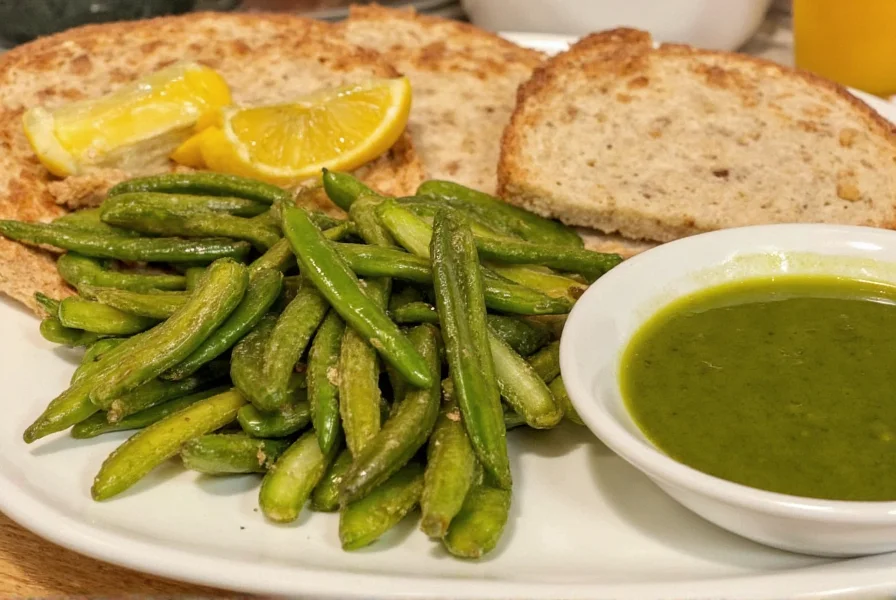
Frequently Asked Questions
Are dry jalapeños hotter than fresh ones?
Yes—drying concentrates capsaicin, increasing heat by 20–30%. Expect 3,500–10,000 SHU for dried vs. 2,500–8,000 for fresh.
Can I substitute dry jalapeños for fresh in recipes?
Absolutely. Use 1 tsp crushed dried or ½ tsp powder per fresh jalapeño. Add earlier in cooking to allow flavors to develop.
How do I rehydrate dry jalapeños?
Soak in hot water or broth for 20–30 minutes until pliable. For deeper flavor, simmer 5–10 minutes before using in salsas or sauces.
Do dry jalapeños expire?
They lose potency over time but don’t spoil if stored properly. Whole peppers last 1–2 years; powder lasts 6–12 months. Discard if moldy or musty-smelling.
Are there health benefits to dry jalapeños?
Yes. They retain vitamin C, capsaicin (which may boost metabolism), and antioxidants like flavonoids. Drying actually concentrates these nutrients.
Embrace the Dried Heat: Your Pantry’s Secret Weapon
Dry jalapeños transform ordinary dishes into flavor-packed masterpieces. Their smoky depth, extended shelf life, and versatility make them indispensable for home cooks and chefs alike. Whether you’re simmering a rich mole sauce, crafting spicy chili oil, or adding heat to popcorn, these tiny peppers deliver big results. Store them properly, experiment with forms (whole, crushed, powder), and unlock endless culinary possibilities!
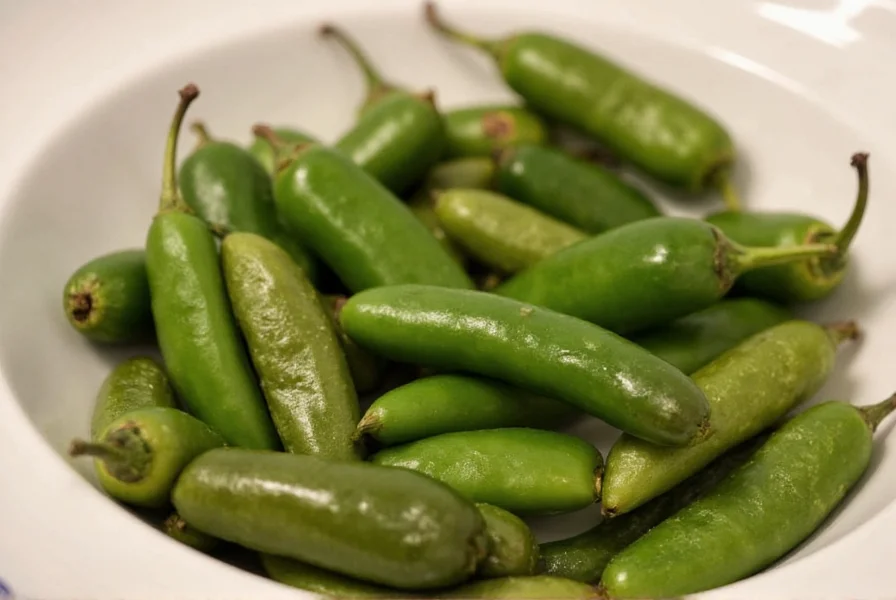











 浙公网安备
33010002000092号
浙公网安备
33010002000092号 浙B2-20120091-4
浙B2-20120091-4